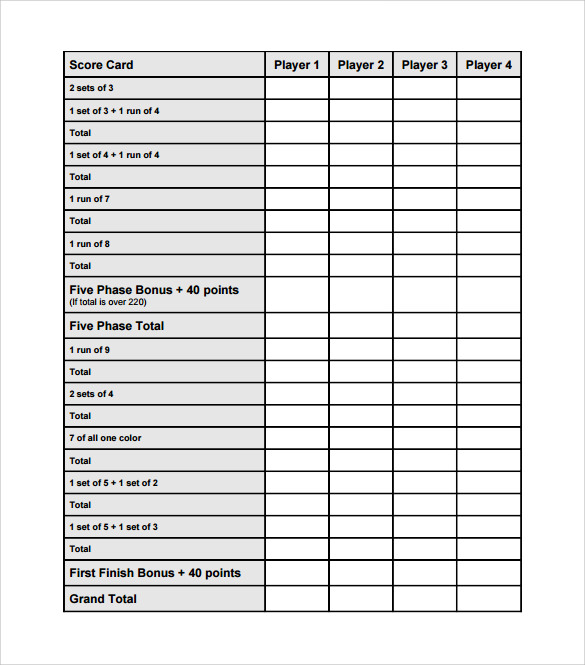
That was the limitation when this approach was studied by Lilly as a treatment for patients with Alzheimer’s disease, but the addition of trospium means “you’re buffering somewhat the cholinergic peripheral effects,” he said. M1 agonism, however, also stimulates the cholinergic system peripherally, “which can give you nausea, vomiting, and also some blood pressure and pulse” problems, Correll said.


He said that on one hand, M4 agonism decreases acetylcholine in the ventral tegmental area and the associated stratum, “which then decreases dopamine levels from the bottom up,” while the M1 agonism stimulates GABA and decreases dopamine from the “top down.” Xanomeline-trospium is a novel compound that combines the dual M1/M4-preferring muscarinic receptor agonist effect of xanomeline with the peripherally restricted muscarinic receptor antagonist effect of trospium.Ī previous phase 2 trial that compared the drug with placebo in almost 200 patients suggested it significantly reduced psychosis symptoms, leading to the current phase 3 trial.Ĭorrell noted that xanomeline-trospium reduces psychosis via a “bottom up and top down approach.” The findings for EMERGENT-2, presented here at the 35th European College of Neuropsychopharmacology (ECNP) Congress as a poster and as an oral presentation, were an update of topline results released earlier this year. Correll, MD, professor of psychiatry at the Zucker School of Medicine at Hofstra/Northwell, Uniondale, New York, told Medscape Medical News that the upcoming EMERGENT-3 study will have a “European component” and that the “readout is expected most likely in the first quarter of next year.”Ĭorrell suggested that if leads to “two positive studies and reasonable safety,” the novel agent may become part of the “next generation of antipsychotics that are not related to postsynaptic dopamine blockade.” In addition, the improvements started at week 2.Īlongside significant reductions in both positive and negative symptoms, the results suggest the agent was well tolerated, with treatment-emergent adverse events (TEAEs) largely mild to moderate and transient in nature.

Results from the phase 3 EMERGENT-2 trial, which included more than 250 patients with schizophrenia, showed that those who received xanomeline-trospium for 5 weeks achieved a significant reduction in Positive and Negative Syndrome Scale (PANSS) total scores of more than nine points compared with their peers who received placebo.

VIENNA - The investigational agent xanomeline-trospium (KarXT, Karuna Therapeutics) achieves significant and clinically meaningful improvements in schizophrenia symptom scores without causing problematic adverse effects, new research suggests.


 0 kommentar(er)
0 kommentar(er)
